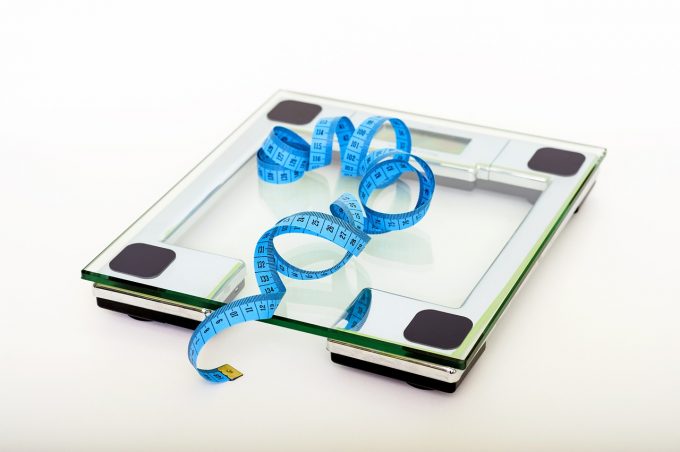Vegans eat plants. That’s it. To many, this diet sounds radical. I get it. Less than two years ago I ate meat, fish, eggs, and dairy and a vegan diet seemed to me “a bleak and inexplicable asceticism akin to culinary celibacy”[1]. So I do welcome and sympathize with the following five most common types of questions my diet evokes:
- The epicurean asks: “What do you eat?” And from a particularly forthright friend, this question was followed by “cardboard?” I’m guessing this question stems from an effort to imagine walking in my shoes and a genuine curiosity about how one can find satisfying meals without animal products. My answer: The first time I heard this I responded, “I eat fruits, vegetables, grains, legumes, nuts and seeds.” I’ve since learned that “vegan pancakes, muffins, stews, casseroles, burgers, stir-fries, salads, cakes and cookies” is a bit more illuminating. To see some pictures of the type of food I eat, look here.
- The diplomat shares: “I don’t eat red meat either. I rarely eat chicken. I mostly eat fish. Do you not eat fish?” Perhaps this response is motivated by a fear of being judged and/or a desire to establish some common ground. My answer: I don’t judge. I spent the first 48 years of my life consuming animal products. Now, I am so troubled by the exploitation of animals, including fish, I cannot eat them or their byproducts. I realize my views are unusual for the culture I live in. I don’t expect others to respond to animal use as I do.
- The ethicist inquires: “What if you were starving on a deserted island and the only source of food was a chicken (or other animal)?” This line of questioning tends to come from people who understand this is an ethical issue and are curious where I draw the line or whether there is hypocrisy in my reasoning. My answer: I hope I never find myself starving on a deserted island. I’m assuming, because the chicken is alive in this scenario, there is some vegetation to eat. But let’s say there isn’t and I have a choice between my life or the chicken’s. Regardless of the answer to this question, it is not relevant to my everyday experience. I don’t live on a deserted island so I do not need to eat a chicken (or other animal products) to stay alive. Therefore, I choose to eat plants. [2]
- The philosopher probes: “What about plants?” Behind this question is an understanding that at the heart of my dietary choice there lies a concern for the suffering of living things. On the one hand, the question suggests we ought not to even bother trying, as we simply cannot avoid killing for food. On the other hand, there may be some mockery in the question because, for some, veganism seems extreme and absurd. My answer: There is no scientific evidence that plants are conscious, sentient or feel pain. But even if there was, we kill far more plants when we eat animals than when we eat plants directly. For every one pound of steak produced, the cow from which it came ate about sixteen pounds of plant food. Additionally, the consumption of animal products contributes to extensive environmental degradation. Livestock covers about 30% of the world’s total lands. [3] Current figures suggest about seventy percent of the Amazon’s forests have been cut-down to be converted into pastures and feed crops.[4] Why so much destruction? It takes a lot of land to grow feed to raise meat. So, if minimizing the killing of plants and trees is the concern, it is best not to eat animals.
- The health seeker wonders: “How do you get your protein, calcium and iron?” We are bombarded with messages in the media that perpetuate the myths that animal products are required to obtain these nutrients. It is not surprising if people wonder whether a plant-based diet is lacking. Additionally, I’m asked, “have you lost weight since becoming a vegan?” or “how do you feel?” There is ample information in the news about the health benefits of a plant-based diet and people look to vegans for first hand accounts of their experience. My answer: Vegans can get all of the protein, calcium and iron we need from a variety of grains, legumes, fruits, vegetables, nuts and seeds. Animal products are not required to obtain these nutrients. In fact, it is the position of the American Dietetic Association that “appropriately planned vegetarian diets, including total vegetarian or vegan diets, are healthful, nutritionally adequate, and may provide health benefits in the prevention and treatment of certain diseases.”[5] As for my weight, it’s about the same now as it was two years ago. I eat minimally processed plant-based foods, and my weight, for the most part, stays steady. As for my energy level, it seems better than when I consumed the Standard American Diet. But what feels best is something far more spiritual: the knowledge that I am doing what I can to minimize suffering and to live at peace with my surroundings.
Whatever the question, I am always happy to be asked and grateful for the conversation. If over a glass of wine, even better! It wasn’t long ago that I might have asked one, if not all, of these questions. At the time, I never would have imagined that one day I’d be the one answering them. It’s fascinating how much a few years can change one’s outlook and culinary choices!
If you have other questions or comments, please feel free to contact me. I love hearing from you.
With warm wishes xo,
Diana
 Diana Goldman, VLCE received a B.S. from Cornell University in Nutritional Science and an M.Ed from Harvard University in Teaching and Curriculum. Additionally, she holds a certificate in Plant Based Nutrition from Cornell University. She loves sharing with others her enthusiasm for plant-based cuisine in her work as a personal chef, cooking teacher and blogger at Beantown Kitchen.
Diana Goldman, VLCE received a B.S. from Cornell University in Nutritional Science and an M.Ed from Harvard University in Teaching and Curriculum. Additionally, she holds a certificate in Plant Based Nutrition from Cornell University. She loves sharing with others her enthusiasm for plant-based cuisine in her work as a personal chef, cooking teacher and blogger at Beantown Kitchen.
[1] Sherry Colb, Mind If I Order the Cheeseburger? (Lantern Books: 2013), xv
[2] A more thorough response to this and other questions related to veganism can be found in Gary Francione and Anna Charlton, Eat Like You Care (Exempla Press: 2013)
[3] Food and Agricultural Organization of the United Nations, Livestock’s Long Shadow: Environmental issues and Options (Rome: FAO, 2006), xx
[4] Ibid, Executive Summary, xxi.
[5] Journal of the American Dietetic Association, Position of the American Dietetic Association: Vegetarian Diets (July, 2009)
© 2015 Beantown Kitchen- Reprint only by permission of the author

